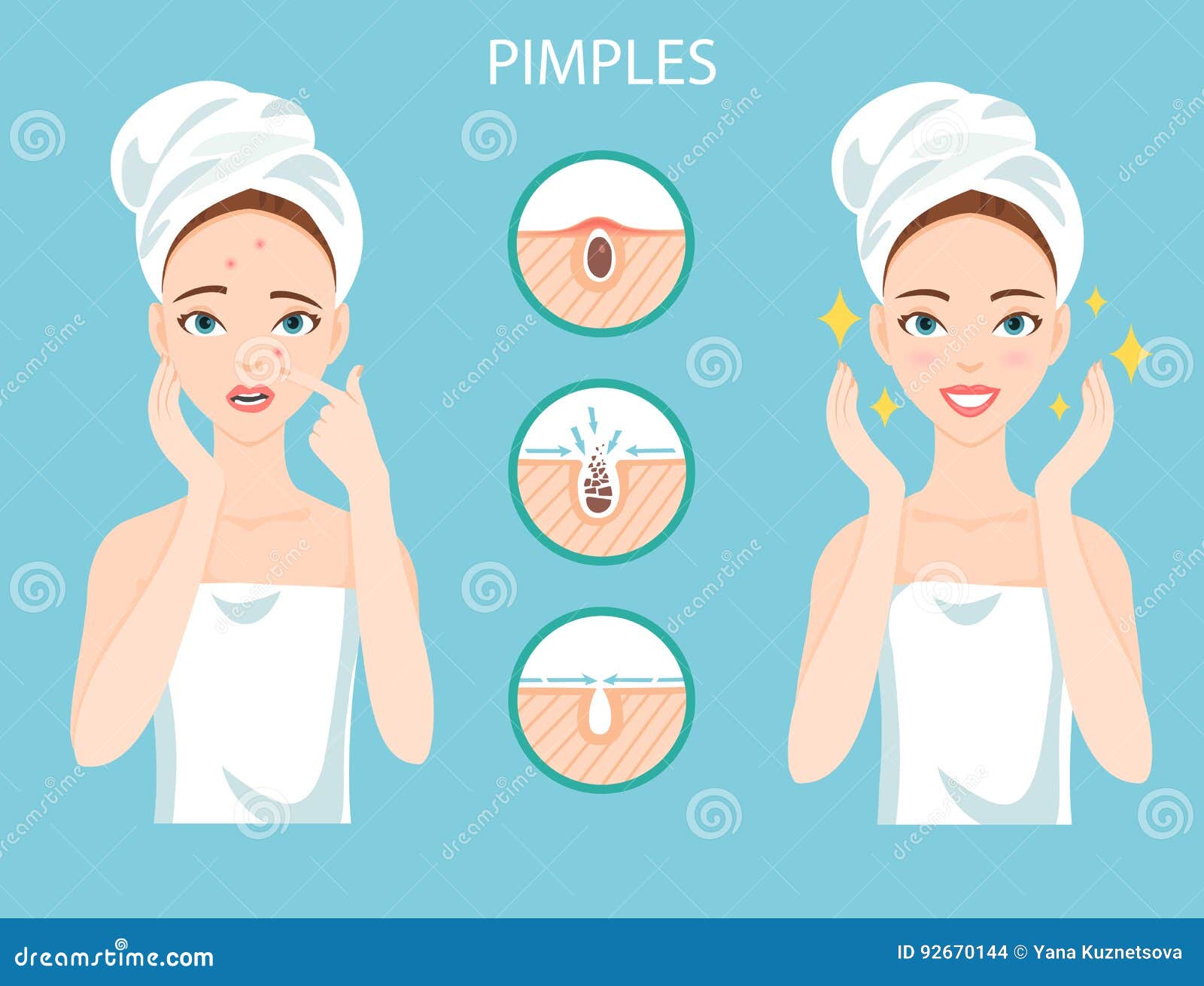Misconceptions And Facts Concerning Acne: Debunking Common Misconceptions
Misconceptions And Facts Concerning Acne: Debunking Common Misconceptions
Blog Article
Staff Author-Upton Bojsen
You may believe that indulging in delicious chocolate or greasy foods is the root cause of your acne, but that's just among several misconceptions swirling around this common skin problem. Actually, acne largely comes from stopped up hair follicles, not your last treat. Misunderstandings like these can lead you to adopt ineffective skincare practices that may also worsen your situation. As what to use after microneedling navigate the truths behind acne, you'll uncover insights that might change your approach to skin care and aid you accomplish clearer skin. So, what really lies underneath the surface?
Common Myths Regarding Acne
When it pertains to acne, lots of people rely on typical misconceptions that can bring about complication and irritation. One widespread myth is that eating chocolate or oily foods creates acne. While diet can affect skin wellness, the straight web link between specific foods and acne isn't as well-defined as numerous think.
One more common misunderstanding is that you ought to scrub your face vigorously to clean up outbreaks. In truth, hostile rubbing can irritate your skin and worsen acne.
You may also think that acne just affects young adults, but adults can experience it too, usually due to hormone adjustments or stress and anxiety. Some individuals assume that tanning can clear up acne, but sunlight direct exposure can actually lead to skin damage and intensify breakouts over time.
Finally, lots of think that utilizing extreme items will eliminate acne rapidly. Nonetheless, these products can remove your skin of its natural oils, resulting in boosted inflammation and even more breakouts.
Scientific Facts Behind Acne
Recognizing the clinical truths behind acne can encourage you to tackle this usual skin condition better.
Acne happens when hair follicles come to be blocked with oil, dead skin cells, and bacteria. This process commonly starts with an overproduction of sebum, the oil your skin normally produces. Hormonal changes, particularly throughout adolescence or menstrual cycle, can cause this excess oil.
Germs referred to as Propionibacterium acnes grow in these clogged pores, resulting in swelling. When your immune system responds, it can trigger soreness and swelling, causing those annoying acnes or cysts.
Genes also play a role; if your parents had acne, you could be a lot more susceptible to it.
Diet and stress degrees can influence acne as well, but research study is still advancing in these locations. While indulging in greasy foods will not straight create breakouts, a balanced diet plan can support your skin wellness.
Also, taking care of anxiety can reduce hormonal fluctuations that might get worse acne.
Tips for Handling Acne
Managing acne successfully requires a combination of daily skin care behaviors and lifestyle modifications. Begin by establishing a regular skincare regimen. Cleanse your face twice a day with a gentle, non-comedogenic cleanser to eliminate dust and excess oil. Stay clear of scrubbing as well hard, as this can irritate your skin and worsen acne.
Next off, incorporate products having salicylic acid or benzoyl peroxide to aid prevent breakouts. Always follow up with a light-weight, oil-free cream to keep your skin hydrated. Don't fail to remember sun block; go with non-comedogenic alternatives to protect your skin from UV damages without obstructing pores.
Beyond skincare, take note of your diet plan. Limit sugary and greasy foods, and concentrate on fruits, veggies, and whole grains. Staying hydrated is important, so drink lots of water throughout the day.
Additionally, take care of anxiety through tasks like yoga, reflection, or exercise, as anxiety can activate outbreaks.
Finally, avoid choosing or standing out at home microneedling before and after . This can cause scarring and further inflammation. If your acne continues, get in touch with a skin specialist for tailored treatment alternatives.
Conclusion
In conclusion, it's essential to different fact from fiction when it concerns acne. By exposing typical misconceptions, you can better understand your skin and make notified options for your skincare routine. So, why continue to rely on obsolete concepts when the fact can encourage you? Embrace much healthier routines, concentrate on mild cleaning, and keep in mind that taking care of acne is a journey. With the appropriate understanding, you're one step better to more clear, much healthier skin.
